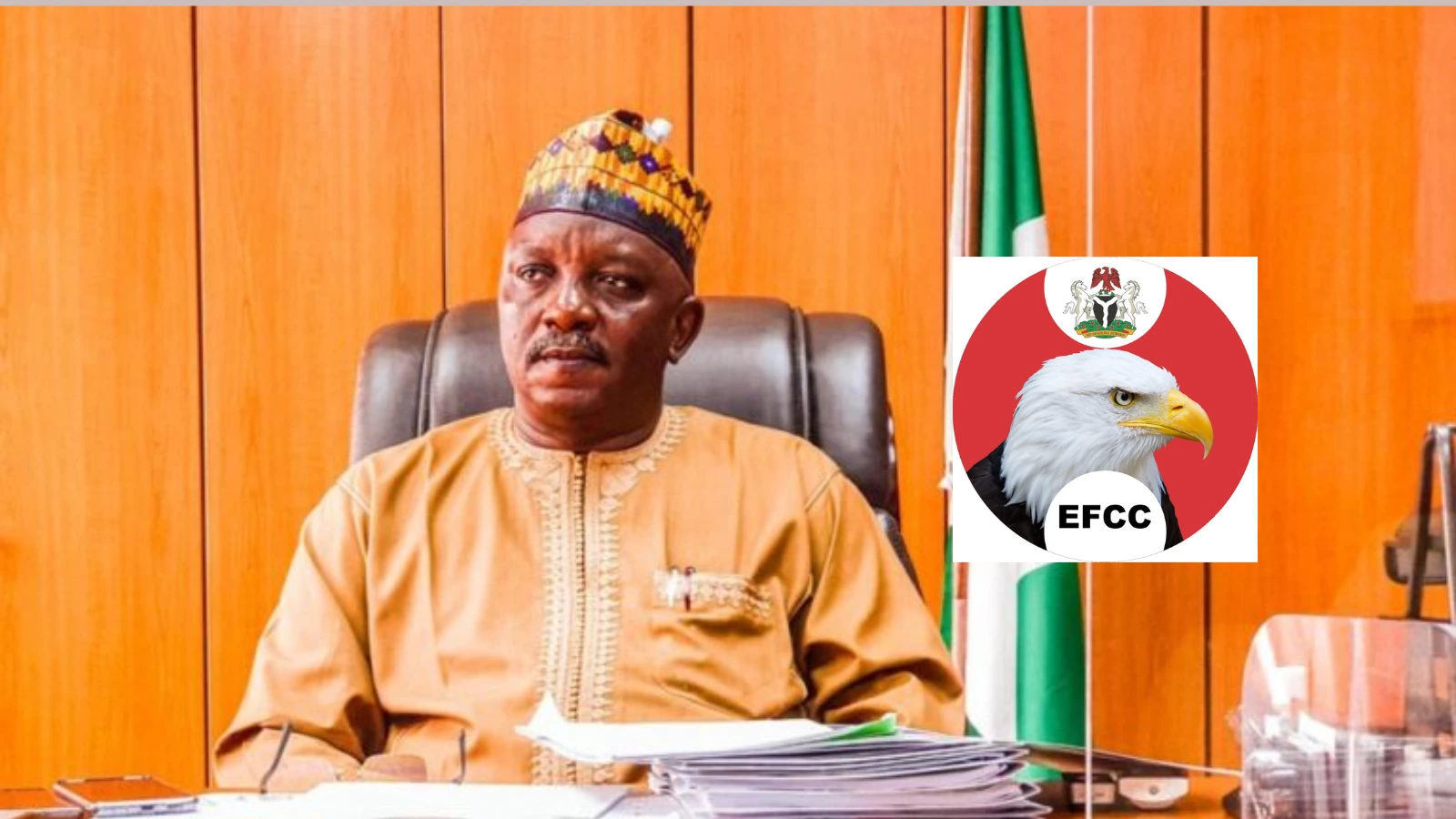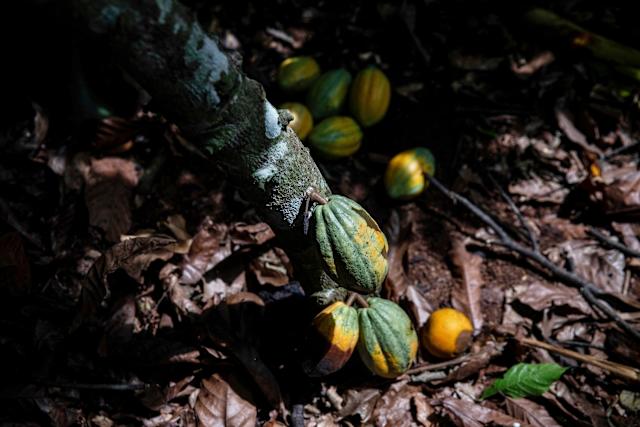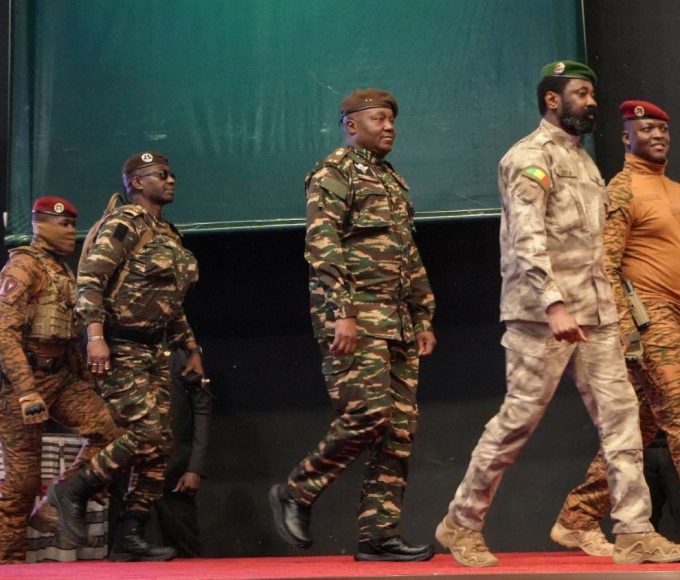
EFCC Official Testifies in ₦33.8bn Mambilla Fraud Case Against Ex-Power Minister, Saleh Mamman

Abubakar Kweido, an official of the Economic and Financial Crimes Commission (EFCC), has testified in the ₦33.8 billion Mambilla fraud case against the former Minister of Power, Saleh Mamman.
Kweido, the first prosecuting witness in the trial disclosed this on Wednesday, October 9, before Justice James Omotosho of a Federal High Court sitting in Abuja.
Investigations showed that some funds released to the former minister were used to purchase properties in Kado Estate and Wuse 2, Abuja,” Kweido testified.
In the suit led by the prosecution counsel, Olumide Fusika, SAN, EFCC is prosecuting Mamman on a 12-count conspiracy charge to commit money laundering worth ₦33.8 billion.
We invited and presented the findings of the investigation to the minister, which he acknowledged and responded to in the presence of his lawyer. He denied connections to all the alleged properties, stating that one Maisbahu Idris, who was his Personal Assistant, usually received money from the Project Accountant of the Mambilla Hydro project to share with his staff in the ministry,” Kweido stated.
“We went ahead and conducted a search in the minister’s house, and we recovered some foreign currencies in cash. We also recovered the CAC documents of Abangus Nig. Ltd, whose investigation revealed that the company was one of the entities used by the minister to facilitate the diversion of funds from the project account of Mambilla”, he added.
According to a publication by the EFCC, “Payment Vouchers for Bangus Nig. Ltd and Exhibit Form for some cash recovered at his residence were tendered and admitted in evidence.”
Justice Omotosho then adjourned the case till October 23, 2024, for continuation of trial.
Meanwhile, the Mambilla Hydroelectric Power Station is a 3,050 MW hydroelectric power project which suffered delays due to Mamman’s alleged fraud by using ₦33.8 billion to buy properties in Abuja.
The Mambilla project, located in Kakara village of Taraba State, was awarded as a joint venture between China Gezhouba Group (CGGC), Sinohydro and CGCOC (formerly CGC Overseas Construction) in November 2017 and was projected to be the largest power-generating installation in the country, and one of the largest hydroelectric power stations in Africa.
Read More:
- Togo, Ghana Resume Talks To Finalise Land Border Demarcation
- Federal High Court Dismisses MAN’s Case Against Electricity Tariff Hike for Band A
- Urgent Need For Guidance And Counselling Units In Public Schools In Nigeria
About The Author
Mayowa Durosinmi
author
M. Durosinmi is a West Africa Weekly investigative reporter covering Politics, Human Rights, Health, and Security in West Africa and the Sahel Region
Mayowa Durosinmi
M. Durosinmi is a West Africa Weekly investigative reporter covering Politics, Human Rights, Health, and Security in West Africa and the Sahel Region
Related Articles
Ivory Coast to Buy Unsold Cocoa to Support Farmers
Ivory Coast has announced a government plan to purchase unsold cocoa stock...
ByWest Africa WeeklyJanuary 23, 2026Ghana Moves to Reclaim Kwame Nkrumah’s Former Residence in Guinea
Ghana has embarked on a diplomatic and cultural initiative to reclaim the...
ByWest Africa WeeklyJanuary 23, 2026Senegal Honors Players and Coach After AFCON Triumph
Senegal has formally honored its Africa Cup of Nations winning team, awarding...
ByWest Africa WeeklyJanuary 23, 2026Burkina Faso, Mali, and Niger Turn to Russia for Shared Telecom Network
Burkina Faso, Mali, and Niger have announced plans to develop the Sahel’s...
ByWest Africa WeeklyJanuary 23, 2026












Leave a comment